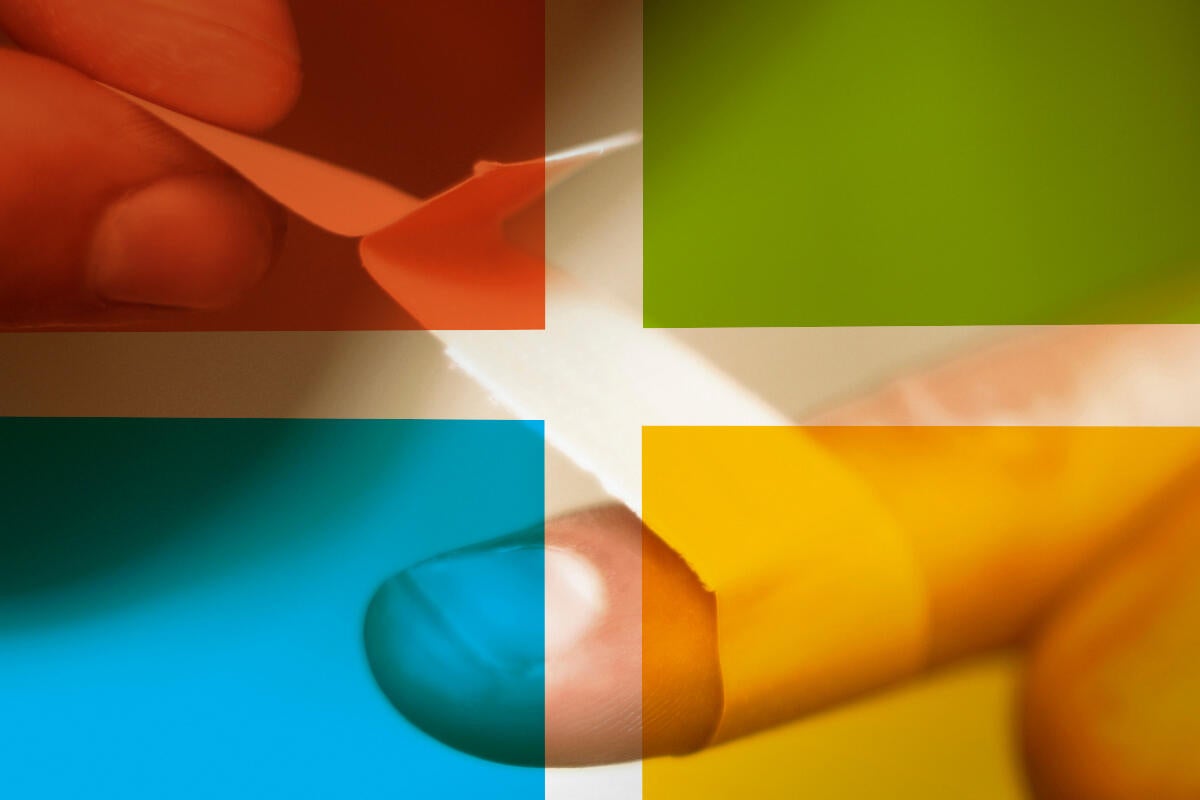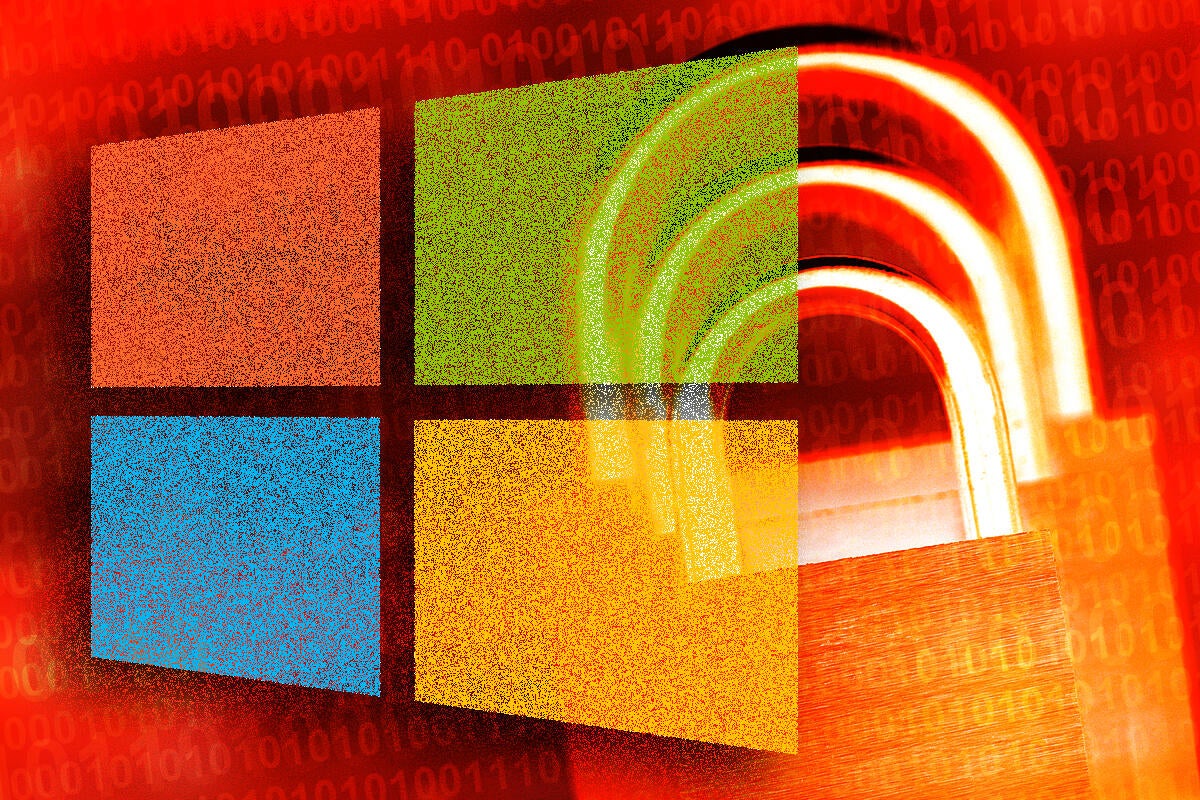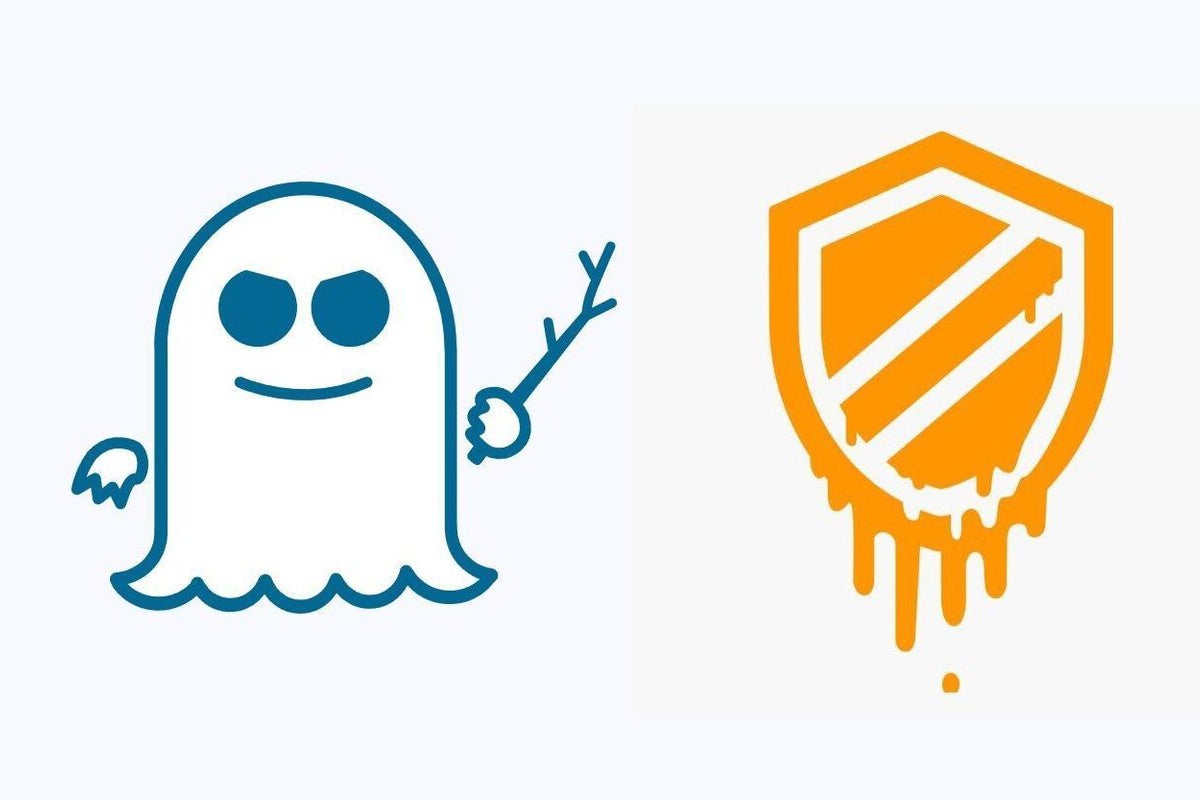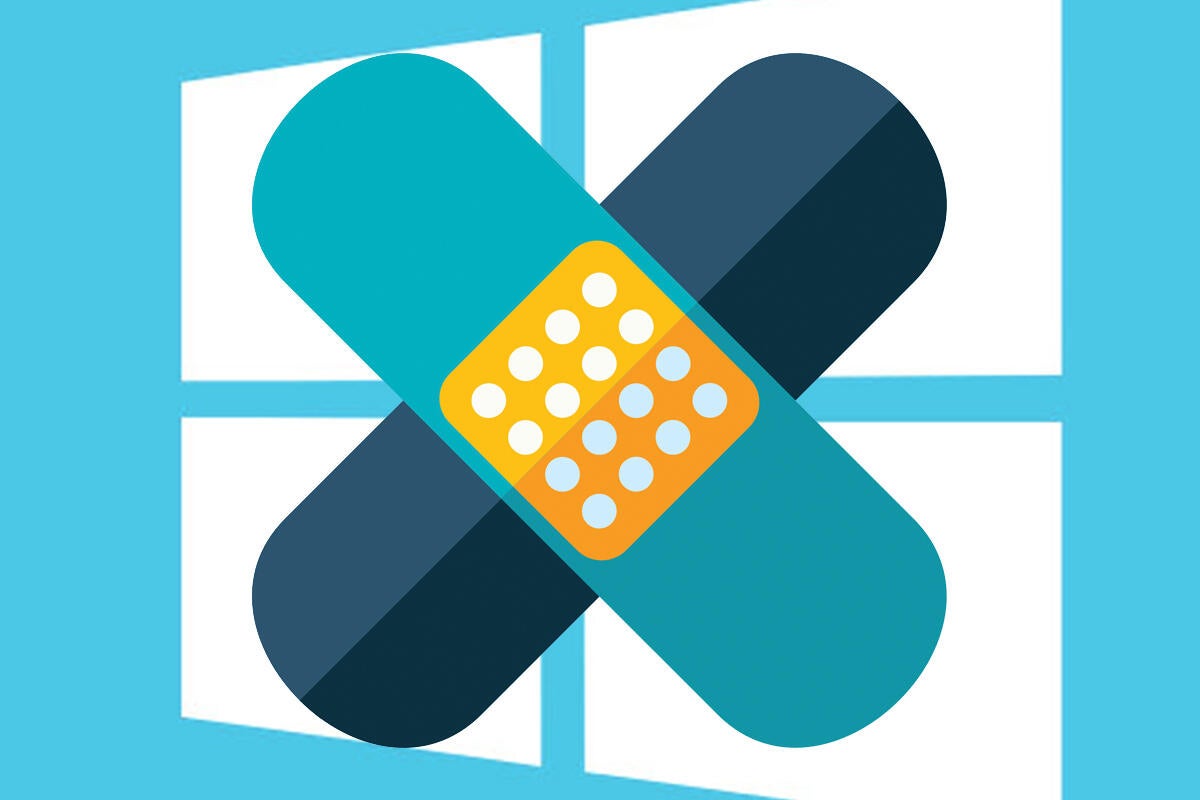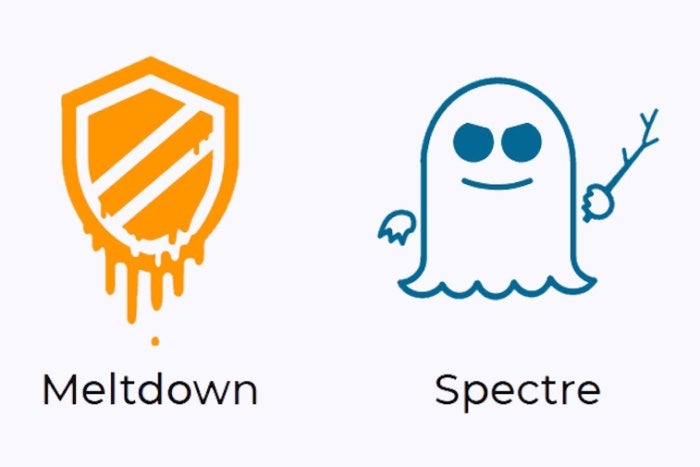Windows 7 takes biggest performance hit from emergency Meltdown, Spectre updates
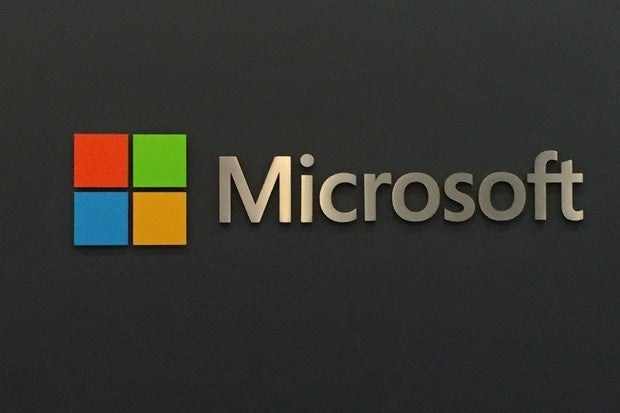
Credit to Author: Gregg Keizer| Date: Thu, 11 Jan 2018 05:09:00 -0800
Microsoft said Tuesday that Windows 7 PCs would run slower after receiving and installing the crash updates designed to stymie attacks that leverage the recently-disclosed vulnerabilities in virtually every in-use microprocessor.
But for Windows 10, a Microsoft executive said, “We don’t expect most users to notice a change because these [slowdown] percentages are reflected in milliseconds.”
The contrast, general though it was, came from Terry Myerson, who leads the company’s Windows group.
“With Windows 10 on newer silicon (2016-era PCs with Skylake, Kaby Lake or newer CPU), benchmarks show single-digit slowdowns,” Myerson wrote in a Tuesday post to a Microsoft blog. Skylake and Kaby Lake were the codenames for the Intel processors launched in 2015 and 2016, respectively. The bulk of new personal computers sold in 2016 and 2017 were equipped with Skylake or Kaby Lake CPUs (central processor units).
